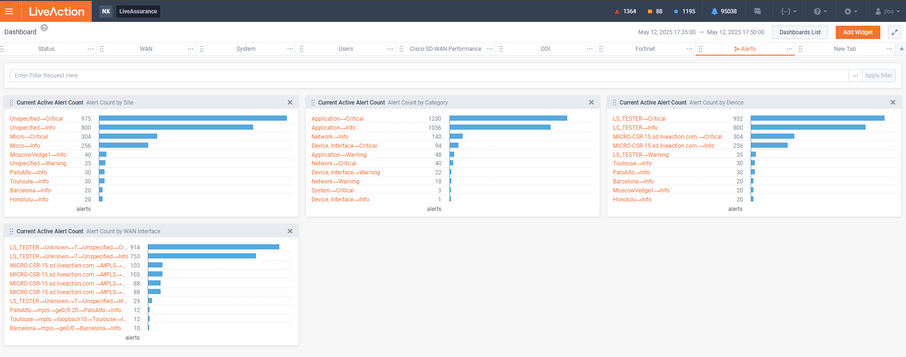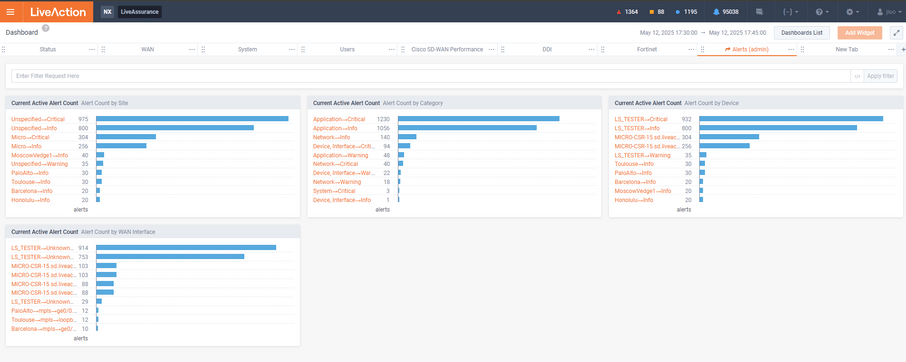Migration Behavior
◦ Dashboards will be transferred to the new user with the same name.
◦ If a dashboard is added to new owner, it will not be activated
Here are additional details to know, broken down per user types:
◦ Original dashboard owner
◦ The dashboard becomes an add dashboard (copy by reference). Any changes the new owner makes to the dashboard will be reflected on their copy of the dashboard.
◦ New dashboard owner
◦ If user was a consumer of original dashboard via “add” - The dashboard is now editable. Any changes made will be reflected to all consumers of the dashboard.
◦ If user was not a consumer of original dashboard - A new dashboard will be added to the “dashboard list”. The dashboard is not active by default.
◦ All other users
◦ If user was a consumer of original dashboard via “add” - No change. Changes made by the new owner will continue to be reflected in the dashboard.
◦ If was not a consumer of original dashboard - Not applicable. Dashboard changes do not affect this user.
Defining what copy and add dashboards are:
◦ Add - A dashboard that was added by pressing “add”. This is a reference to the original dashboard. Any changes made to the original will be reflected on any dashboard that was added via “add”.
◦ Copy - A dashboard that was added by pressing “copy”. This is considered a snapshot of the dashboard at the time the copy was made. There is no connection to the original dashboard, the user who pressed “copy” is the owner of the dashboard.
Before
Before “alerts” dashboard is reassigned to “admin” user

After
After “Alerts” dashboard is reassigned to “admin” user.
